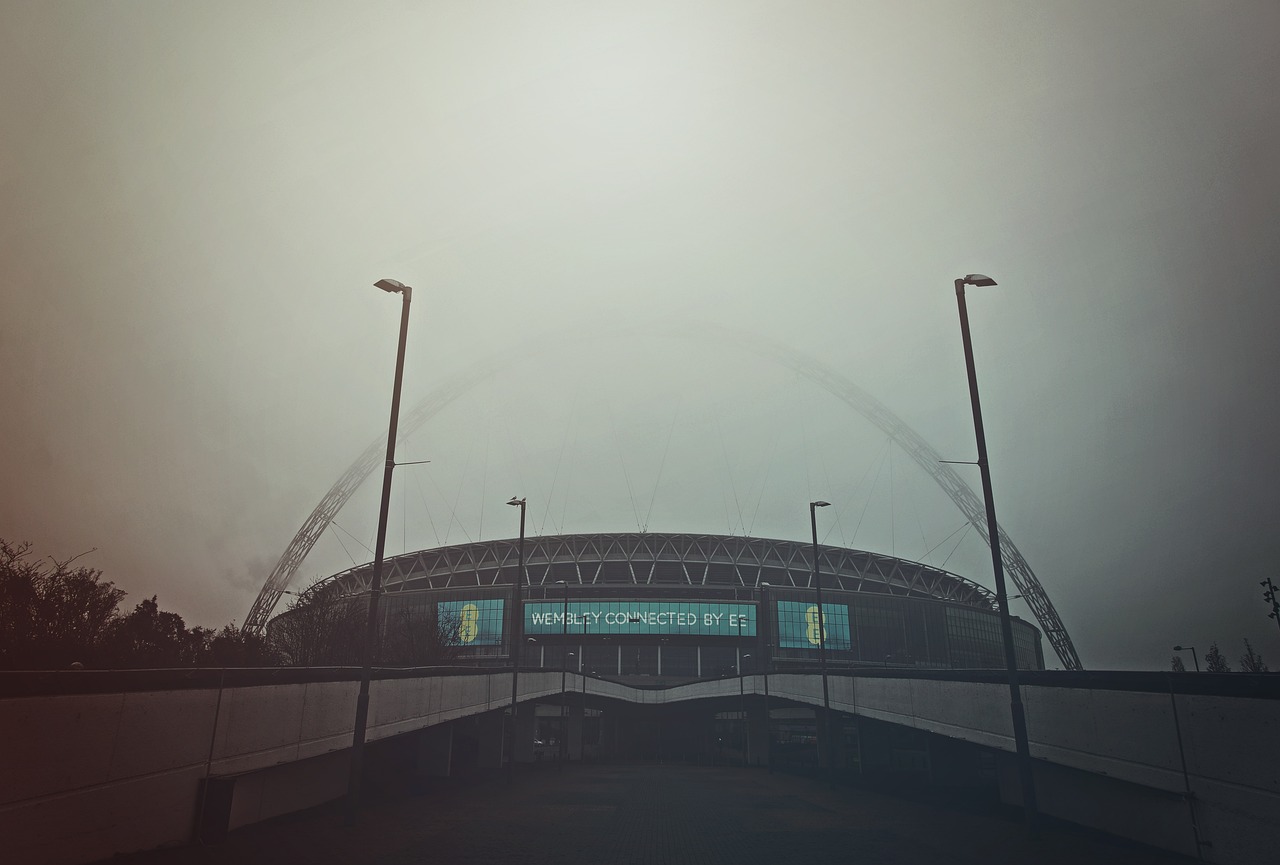On a night when England supporters had plenty to celebrate in securing Euro 2024 qualification, it was booing that echoed most.
It echoed most because it followed similar booing in the previous game against Australia; it echoed most because it came during what might once have been considered a historic win for England; and it echoed most because it was directed at the first player to represent England while playing for a Saudi Arabian football club: Jordan Henderson.
This summer saw Jordan Henderson give up the red of Liverpool for the green of Saudi Arabian club Al-Ettifaq.
Not only that, it also saw him give up the Rainbow Laces campaign, which he has been a prominent voice for in recent years, as he prepared to continue his career in a country where homosexual acts are criminalised.
A section of the Wembley crowd booed Henderson when he was substituted during England’s 1-0 win over Australia, and again when he was substituted during the 3-1 victory over Italy.
Is this something that will lose momentum and be forgotten about in months and years to come, or might we look back on this as a fledgling moment of fan resistance to the seemingly inevitable sale of football to the highest bidder?
Before delving deeper, a reminder of England manager, Gareth Southate’s letter addressed to a divided and reeling post-Brexit, post-pandemic nation before Euro 2020:
“…beyond the confines of the pitch, we must recognise the impact they [the players] can have on society. We must give them the confidence to stand up for their teammates and the things that matter to them as people.
I have never believed we should just stick to football.”
This was a clear statement to supporters of the values they could expect – demand even – of the players who represent them.
So, why are the fans booing? Cynics might argue that the fans are booing merely on an aesthetic level: they disagree with Henderson being in the team because there are better options. They might suggest that it is no different from the recent jeering Harry Maguire has received from fans who don’t think he is good enough to be playing. Indeed, Southgate’s initial comments, saying that he did not understand it and that it ‘defied logic’ to boo a player with 79 England caps, implied a connection between the two.
But, really, this is disingenuous and side-steps the obvious, and clumsily so. When asked again, Southgate corrected himself, responding that he understood the booing to be a response to Henderson’s move to Saudi Arabia after his previous allyship to the LGBTQ+ community, but he reiterated his belief that this wasn’t ‘actually a reason to boo him’.
As if to insist that the booing of Henderson resembled that of Maguire, however, Maguire told the press after the Italy game that anyone booing Henderson could not consider themselves a ‘proper’ England fan.
When compared with other fan cultures around Europe (especially that of Germany) it is striking how much English fan culture is driven by the self-interest of winning.
It’s this that has made English football clubs an almost perfect target for sports-washing practices; this is visible in the sales of magnificently old and culturally rich institutions like Manchester City and Newcastle United to politically affiliated entities in the UAE and Saudi Arabia respectively.
So, when English supporters actually express their discontent at something beyond the interests of “win now”, we should stand up and take note.
Southgate’s instinct to protect his players has long been admirable – the stuff of legend already being immortalised by plays such as James Graham’s ‘Dear England’ – but it was he who created the logic that vindicates supporters booing Henderson: he called on supporters to engage with issues beyond the confines of the football pitch.
To shame them or question them for booing Henderson, by whom LGBTQ+ supporters groups such as Three Lions Pride say they have been let down, is not only to shut down what’s really a minor resistance to sports-washing and the hypocrisy it creates, but it is also to reverse back onto the fans the mindless phrase Southgate and his team spent so long dismantling: Stick to the football!
England have a great chance of winning next year’s European Championship, but whether they win with the hearts and minds of the nation as they so nearly did in 2021 is another matter.
